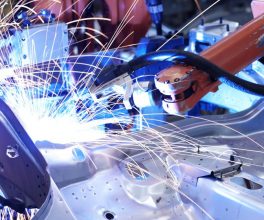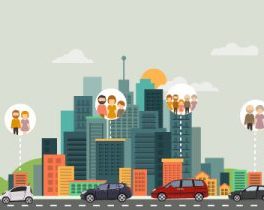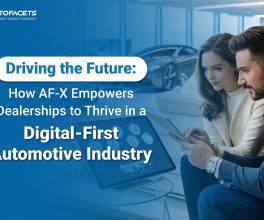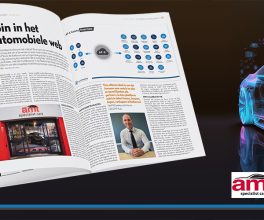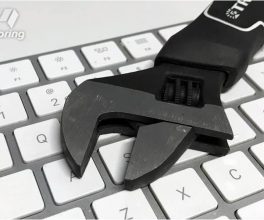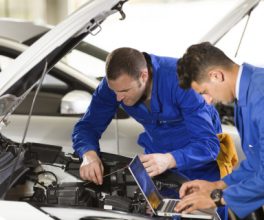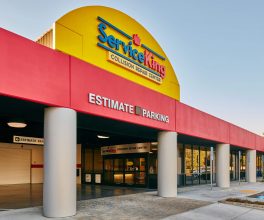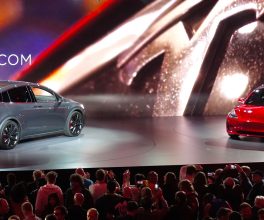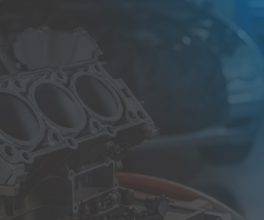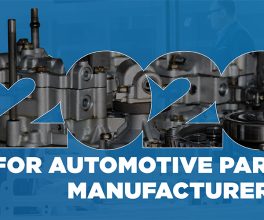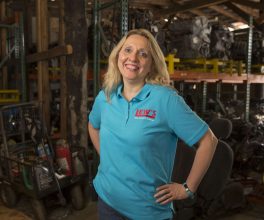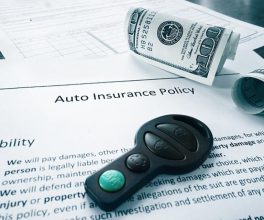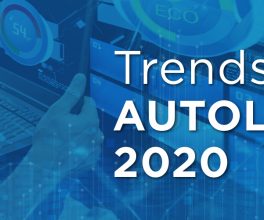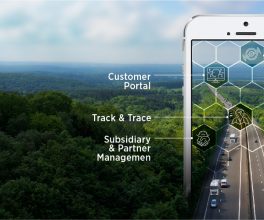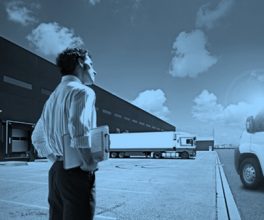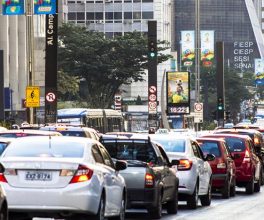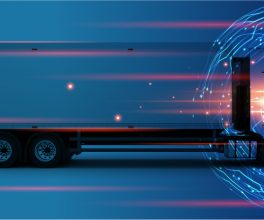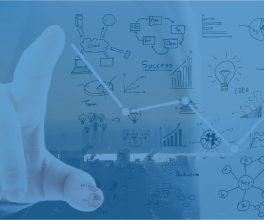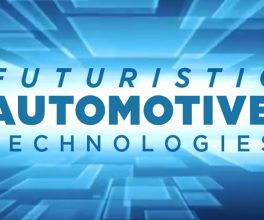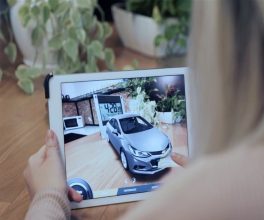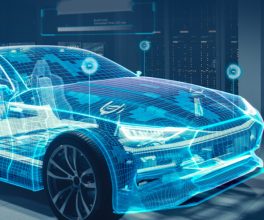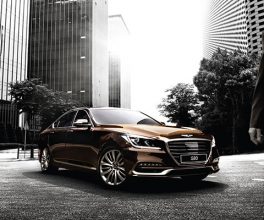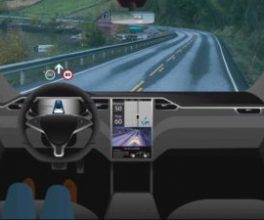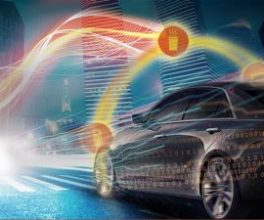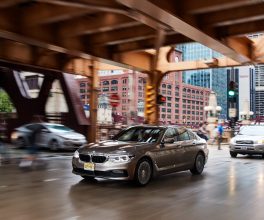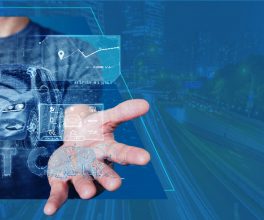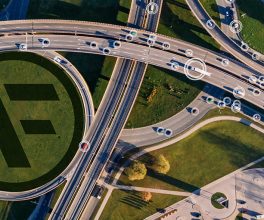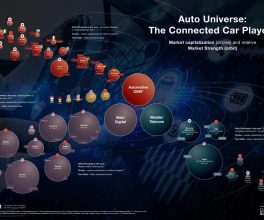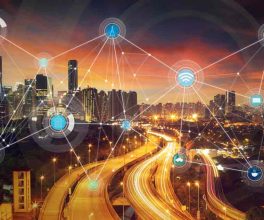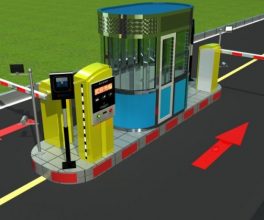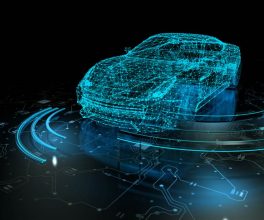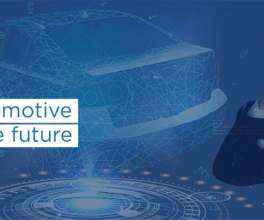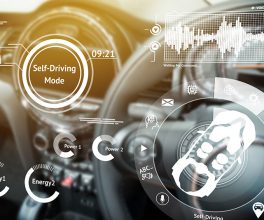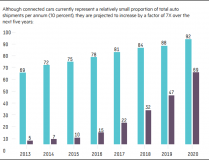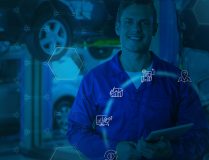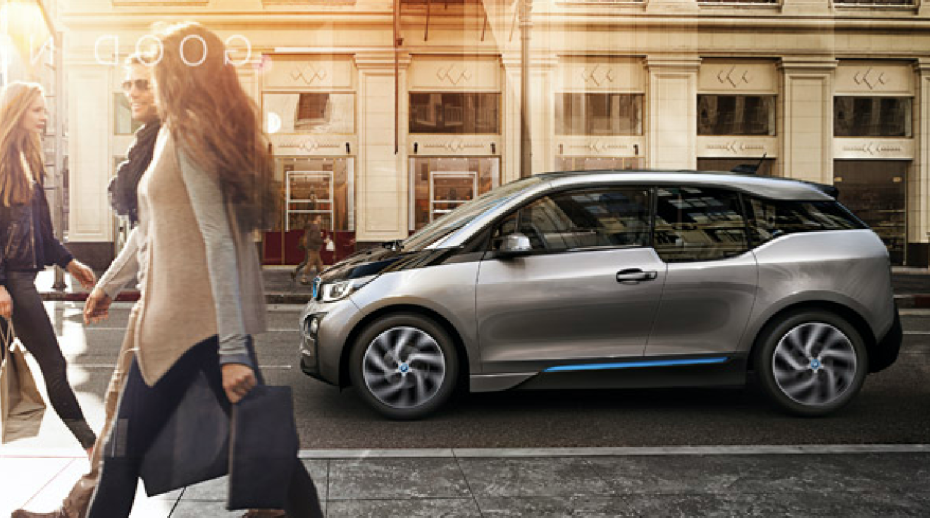Walk into any airport bar in the world and you’ll hear stories of business trips gone awry.
According to the Global Business Travel Association, roughly 488 million business trips are taken each year. Inevitably, time is lost waiting for delayed flights and standing in long lines at check-ins and rental car kiosks. In the worst-case scenarios, each travel “mishap” is more than an aggravation — it costs companies an average of $1,475 in lost productivity and out-of-pocket expenses.
For the business road warriors out there, have no fear — connected technology can ease the burden. Gartner predicts that 20.4 billion connected “things” will be in used in 2020, up from 6.4 billion in 2016. With an explosion of connected devices available today, organizations are rapidly unlocking massive value in terms of being able to mine and exchange data in real time. Here are a few of the latest advancements in connected devices for the enterprise traveler.
A customized rental car
Many of us are all too familiar with the long lines and countless forms that accompany car rental. But the industry is structuring the process in new ways to offer a seamless, automated experience through rental, parking, and fueling to integrated navigation and expense management.
Inside the rental cars, recent connected car innovations have been designed to make driving the rental as comfortable as driving your own vehicle. Drivers can set a destination for the navigation system before they ever jump in the vehicle. Knowing that driving a new car can be disorienting, especially in a new city, the connected car experience offers complete personalization from the moment you open the door. A connected car can be programmed remotely in real time or in advance to adjust to the driver’s preferred settings, including the entertainment systems, radio, navigation, in-car communications, and payments rights, according to the employer’s or driver’s settings.
Predictive parking
Predictive analytics is making the driving experience more intuitive by solving problems before they happen. Not only does the connected car take the driver on the fastest route, based on traffic, but the estimated time to park is factored in to ensure the driver stays on schedule. When a driver is en route to their destination, cloud integrations take the guesswork out of parking by allowing users to find and reserve spots based on where they’ll be traveling, or by providing guidance on where to look for on-street parking or directing the driver to an optimal off-street location. Instead of weaving through congested traffic, drivers can drive directly to their parking spot (on-street or off-street) without worrying about parking tickets or circling the block, which helps ensure business meetings take place on schedule.
Automatic expense tracking
Unfortunately, no business trip is complete without stacks of receipts piled up for impending expense reports. The Global Business Travel Association foundthat 3,000 hours are wasted by companies whose employees are required to manually complete expense reports and correct errors that inevitably arise. Connected car solutions are reducing the time business travelers spend on expense reports and payments.
Using intelligent wallets, cloud technology connects with the vehicle, enabling cashless payments at gas pumps, parking garages, and more. The driver never has to open a physical wallet. Travel costs such as fueling and parking can be tracked automatically throughout the trip, eliminating the hassle of logging purchases and submitting hard copy expense sheets after the trip is complete.
In today’s digital age, people travel with information at their fingertips. They expect seamless transitions between the devices and channels they use, especially when they’re on the go and under pressure to meet work deadlines. Connected devices are bringing these expectations to life by taking the hassle out of business travel and providing a more efficient experience from start to finish.
Author –
Gil Perez is the SVP for Digital Assets and IoT and the General Manager of Connected Vehicles and IoT Security at SAP.
Courtesy of VentureBeat

